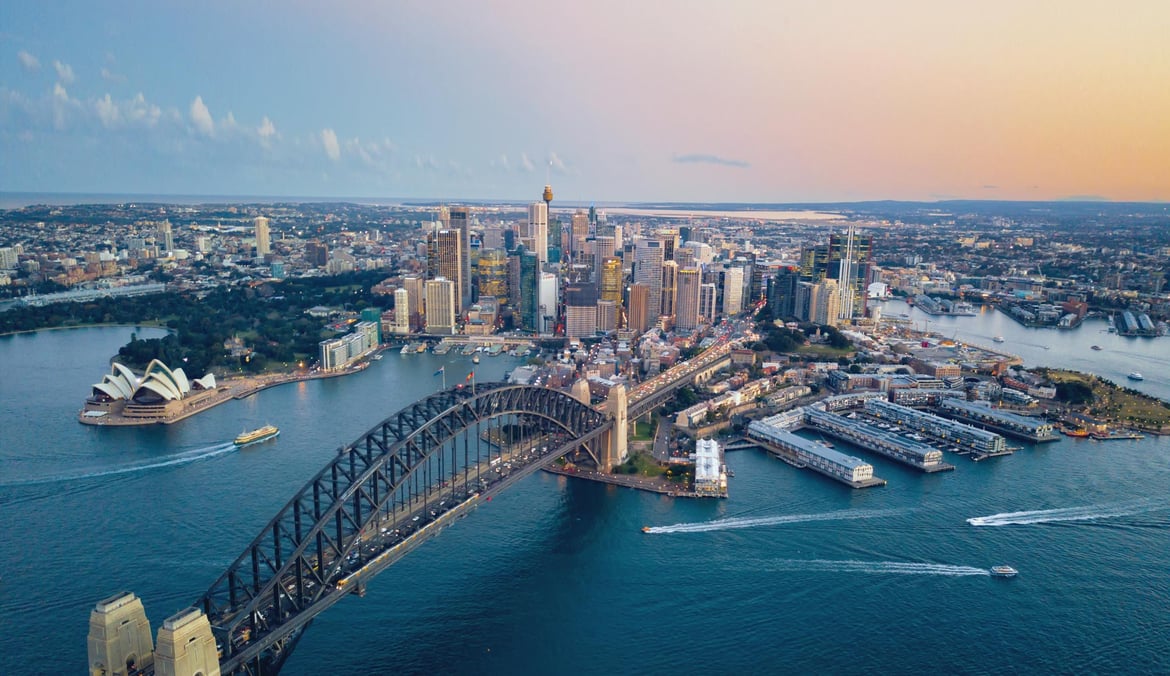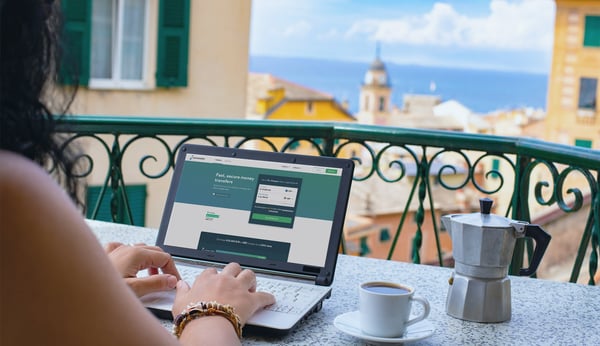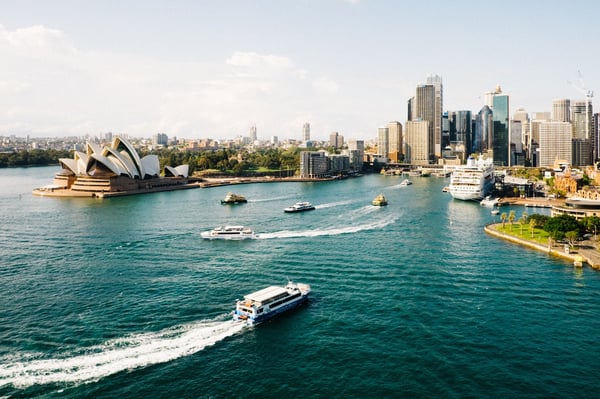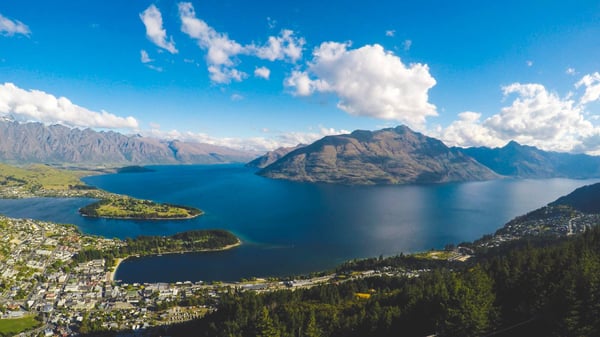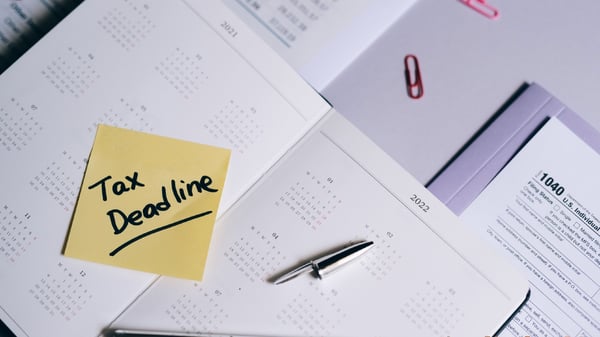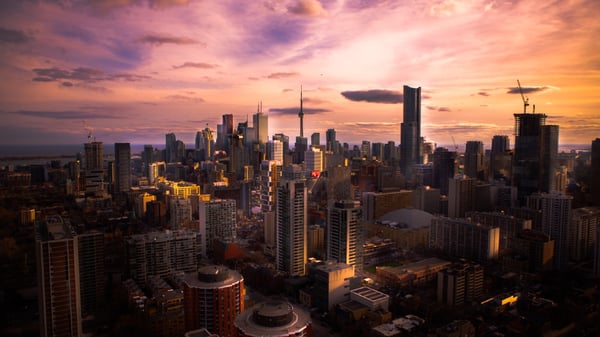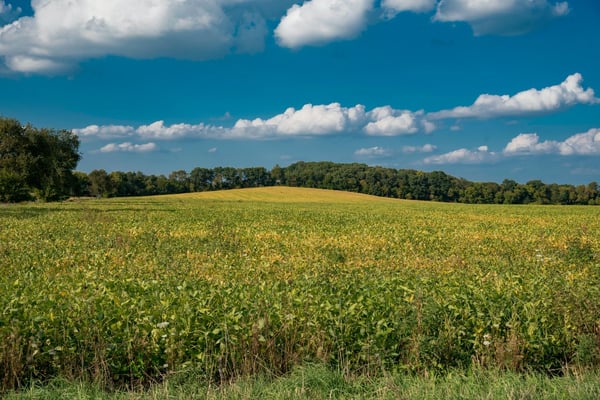If you're thinking of joining the 7.6 million migrants who have successfully settled in Australia, there are certain important things you'll need to know. The most obvious one is that you won't find yourself as an outsider if you're a foreigner. Almost 30% of the population in Australia is born overseas, chiefly coming from the United Kingdom, followed by India and China. Most arrive via the skilled visa or temporary visa programs.
We've previously covered the basics in our quick checklist for moving to Australia, but read on for greater detail about immigration quotas, visa types, how to apply, and what paperwork to complete.
Sending money Down Under
Did you know that you could be unwittingly losing hundreds or even thousands of dollars over time if you receive money into your Australian bank account via traditional channels? Those hidden fees add up, and often you'll be offered a substantially lower exchange rate by the big banks. There is an alternative. Send your money with CurrencyFair and you can enjoy fixed fees and bank-beating rates, with the option of choosing your preferred rate through the peer-to-peer marketplace. Click below to see how much you can save on your overseas money transfers.
Can I move to Australia?
There is no visa upon arrival in Australia (unless you're a New Zealand citizen), so you must have your visas, health cover and other essential documents ready for Australian Border Force. Potentially, you may have difficulties obtaining the required visa if you do not satisfy the following:
Health requirement. You must not pose a risk to public health safety or significant cost to the healthcare system. You'll need to take a tuberculosis test, for example, and declare any long-term medical conditions. A positive HIV or hepatitis result might compromise a temporary visa application if you want to work as a doctor, nurse or paramedic. All long-term visa applicants must obtain a Health Assessment Program (HAP) ID number, issued by the Department of Home Affairs, which you then use to book an examination at a health clinic.
Character requirement. If you have a substantial criminal record, you will not get a visa. Otherwise, you will just need police clearance from your host country.
If you overstayed a visa in the past, there may be complications, but you can request a waiver of the re-entry ban to appeal.
How to get a visa for Australia
If you're moving to Australia to live or work long-term (as opposed to study or seasonal work), you'll want a permanent resident visa. There are four streams:
Family. You can apply if you're a partner, child or parent of an Australian citizen.
Work. Prepare to do plenty of research. There are 43 different types of work visa to sift through, but the light at the end of the tunnel is a recurring skills shortage in Australia. If your profession is one on the skilled visa priority list your chances are fair, but it will ultimately depend on how many places are available in any given year through the planned migration program. As a general rule, you'll need to be under 45 to apply for a work visa, have a high enough score on the points-based assessment scale, and have an Australian sponsor.
Business/investor. To set up a business in Australia, you'll need to meet the minimum assets threshold and be nominated by a state or government agency in some categories.
Retirement. For over-55s with no dependents (other than partner), there's a temporary one-year visa that you can renew. However, to upgrade to permanent residency as a retiree, you'll need to show proof of sufficient assets to support yourself and have adequate health insurance. An additional channel for retirees was introduced in 2018, but it's reserved for long-term residents who have made a significant contribution to their community. More than 234,000 British pensioners live in Australia. It's relatively easy to transfer your UK state pension to your Australian bank account, but it's not automatic, so you'll have to start the process through the State Pension portal.
How to apply for Australian citizenship
After four years, you can apply for citizenship through the Department of Home Affairs. One important document you'll need to provide is evidence of first arrival. Since 2012, this information is recorded in the Visa Entitlement Verification Online (VEVO) database, however, so you won't have to do any sleuthing.
You can apply for citizenship if you're a permanent resident aged 18-59. You must be in Australia and intend to remain in Australia. The first step is to create your ImmiAccount. Different rules apply if you're over 60, one if which is that you don't need to pass the Australian citizenship test.
Test yourself:
What is the capital city of Australia? (Answer in footer)
a) Brisbane b) Canberra c) Perth d) Sydney
Opening a bank account
If you're going to Australia to live, work or study, you can open an Australian bank account as soon as you have your Tax File Number (TFN). To get yours, apply through the Individual Auto Registration (IAR) portal with the Australian Tax Office.
There are a few quirks of Australian banking to know about. IBANs are not used for receiving money from abroad, so you'll need the BIC/Swift code instead to receive funds. You'll also encounter the popular eftpos system for card payments, alongside Visa and Mastercard. It stands for Electronic Transfer at Point of Sale and it's how many debit card payments go down down under. You can request your eftpos card from your Australian bank, but bear in mind that these cannot be used outside Australia.
Do I have to pay taxes as a foreigner?
As a permanent resident, you're taxed on Australian and worldwide income and liable for capital gains tax on overseas property or assets. Temporary residents, on the other hand, are taxed only on Australian-sourced income. After six months you become an Australian resident for tax purposes, at which point you have a tax-free threshold of AUD $18,200. There is no tax-free threshold for foreign residents (under 183 days), however.
Beware! Foreign pensions and annuities are taxable in Australia, even if tax was already withheld in your original country. You may be entitled to claim a reduction, however.
Access to healthcare
One of the perks of life in Australia is access to excellent, affordable healthcare that is based on a hybrid contributions model. As a resident in Australia, you'll automatically pay 2% of your income towards healthcare costs through the Medicare Levy. This covers the basics. More than half of Australians then supplement Medicare with private medical insurance. In fact, if you earn above AUD $90,000 you'll pay a Medicare Levy surcharge if you don't take out private insurance.
How much money do you need to move to Australia?
We've gathered first-hand insight about the best places to live in Australia for couples, retirees, and families in a previous blog. You'll also find resources on buying a property in Australia, why you must get approval from the Foreign Investment Review Board (FIRB) to buy a house as a foreigner, and what kind of fees and taxes to expect.
That leaves the comparative cost of living between Australia and home to consider. Australia can be surprisingly expensive, even to foreigners from the United States or United Kingdom. Numbeo ranks Australia as the 14th most expensive country to live in, and the average cost of living is higher in Australia than in the United States, UK and Canada (but rent is lower).
Where rent is concerned, a single person would need around AUD $30,000 a year to get by, but Sydney and Melbourne can be considerably more expensive. How will you pay for it? The median employee salary nationwide sits at AUD $1,250 per week, but for full-time workers this rises to AUD $1,760 per week. In general, salaries Down Under compare competitively to those in other major economies.
Am I ready for Australia?
Most foreigners can move fairly seamlessly between their home country and a new life in Australia, but it's still deceptively familiar as a destination. Prepare for these common shocks:
Deadly wildlife. Loving Australia means learning to live alongside the red-bellied black snake, eastern brown, funnel web spider, box jellyfish, and terrifying gympie gympie tree, among others.
Challenging climate. Texans may shrug (as above), but Northern Europeans in particular can take years to acclimatise to sweltering Christmas temperatures, bush fires, floods and a host of other climate-related challenges.
Size. Few maps do justice to the sheer size of Australia, which is 78% the size of the United States. For example, it's around 2,000 miles from Perth on the west coast to Sydney on the east, or Melbourne in the south to Darwin in the north. In fact, Darwin is closer to the Indonesian capital, Jakarta, than the Australian capital.
Taxes and tipping. It's not a dealbreaker, but Americans often take a while to adjust to some subtle differences in Australian shopping and dining. Sales taxes are included, but tipping is not standard.
Informal culture. You can read about the cultural differences between Australian and Asian business in a previous blog, but know that Australians tend to wear their fondness of an expletive and lack of pretension with great pride. As a foreigner, however, you'll find refreshingly few hierarchies and social nuances to break through.
Save on your transfers
Having reached this far, you'll know that we never let you go without a reminder to save on your overseas transfer costs with CurrencyFair. Moving abroad is expensive, and you can save some much-needed cash for tickets, visa fees, shipping costs or more when you unlock fixed rate transfers at more competitive fees.
This information is correct as of January 2023. This information is not to be relied on in making a decision with regard to an investment. We strongly recommend that you obtain independent financial advice before making any form of investment or significant financial transaction. This article is purely for general information purposes. Photo by Trevor Kay on Unsplash.
And well done if you picked b) Canberra as the capital of Australia.

